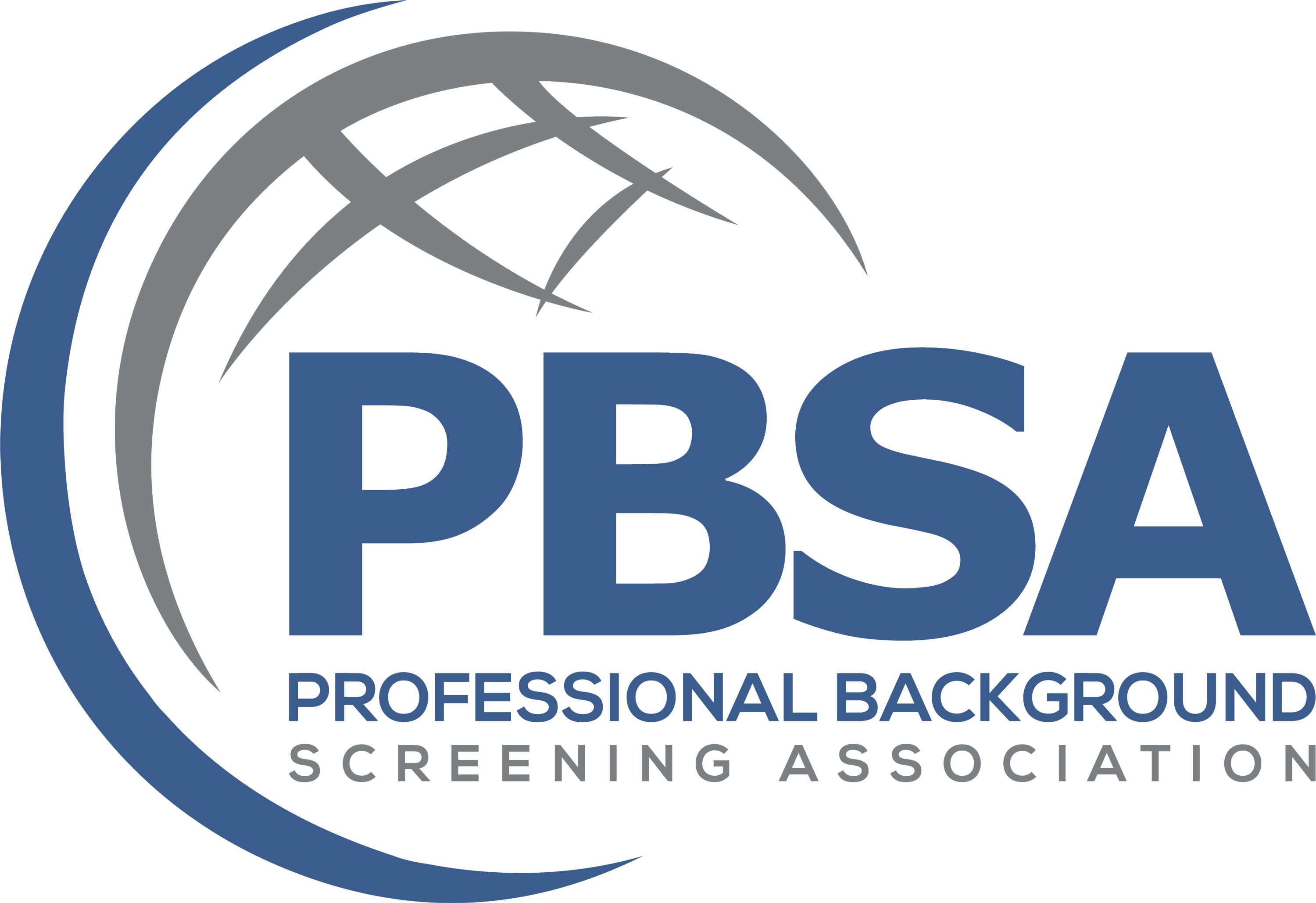Tech companies have a hard time fulfilling job requirements as a lot of candidates are shorthanded when it comes to skill requirements. Southeast Asia’s tech recruiting dilemma is expected to worsen. It takes three months to fill an open tech position in Southeast Asia, and LinkedIn predicts that the top three fastest growing job categories for this region will be digital content, data analyst, and software technology by 2021.
But what’s the number one bottleneck?
A lot of Tech applicants lie on their resume to get a job.
Tech Candidates exaggerate their education, job titles, or prior experience just to get higher pay. In fact, 51% of human resources managers have discovered that applicants have falsified their resumes for being hired at least once. For every employer, this must be prevented since it’s common knowledge that most firms don’t hire employees with falsified records due to safety and security reasons.
It’s a common fact that Technology companies especially the outsourced ones often find themselves spread across regions, accounts and territories. From a legal standpoint, hiring someone from overseas requires screening requirements that vary greatly depending on compliance and requirement standards. One of the more pressing issues aside from cybersecurity and safety of proprietary information are base skills.
Performance issues abound in different IT functional areas. Whether it’s productivity, reliability issues or security breaches, investing in a legitimately skilled IT professional can save you time, money, and a world of frustration down the line. And this is where, regardless of the type of tech job, background checks can play an important role in technical recruitment.
Deep Background checks can spot:
- Misdeclared information
- Education, certification and performance discrepancies
- Criminal records
- Debt/Financial records
- Compliance violations in the past
- Behavioral issues that can pose a risk to data security or customer sensitivity
The need for tech professions will definitely increase across the region, and employers must hire in order to maintain a competitive edge. The demand is not isolated to just one or two countries; every nation has an urgency to retrain mid-career workers who are qualified in these fields while maintaining existing jobs.
P.S.![]() To get a FREE copy of How to do Background Checks Correctly go here: https://www.vanguardscreen.com/background-checks/
To get a FREE copy of How to do Background Checks Correctly go here: https://www.vanguardscreen.com/background-checks/


